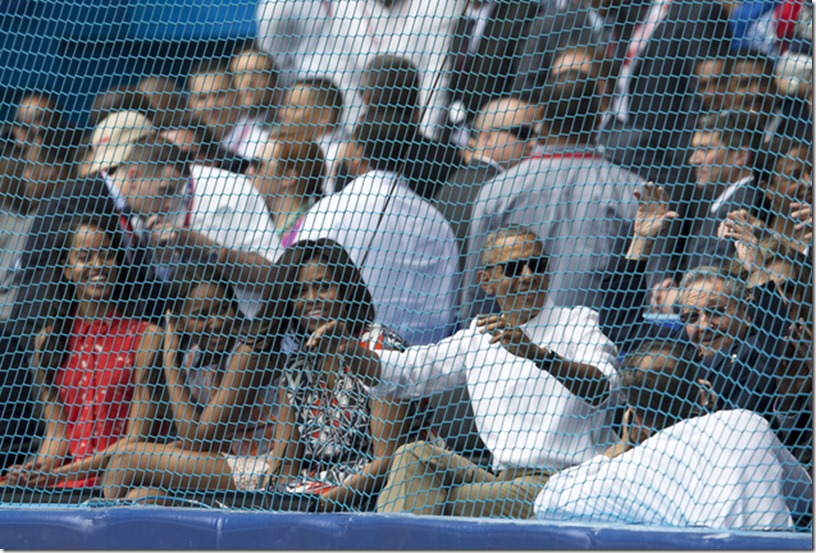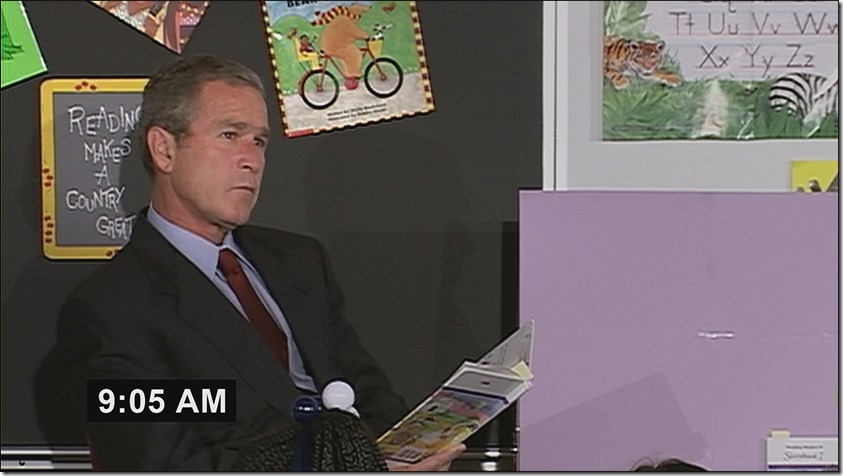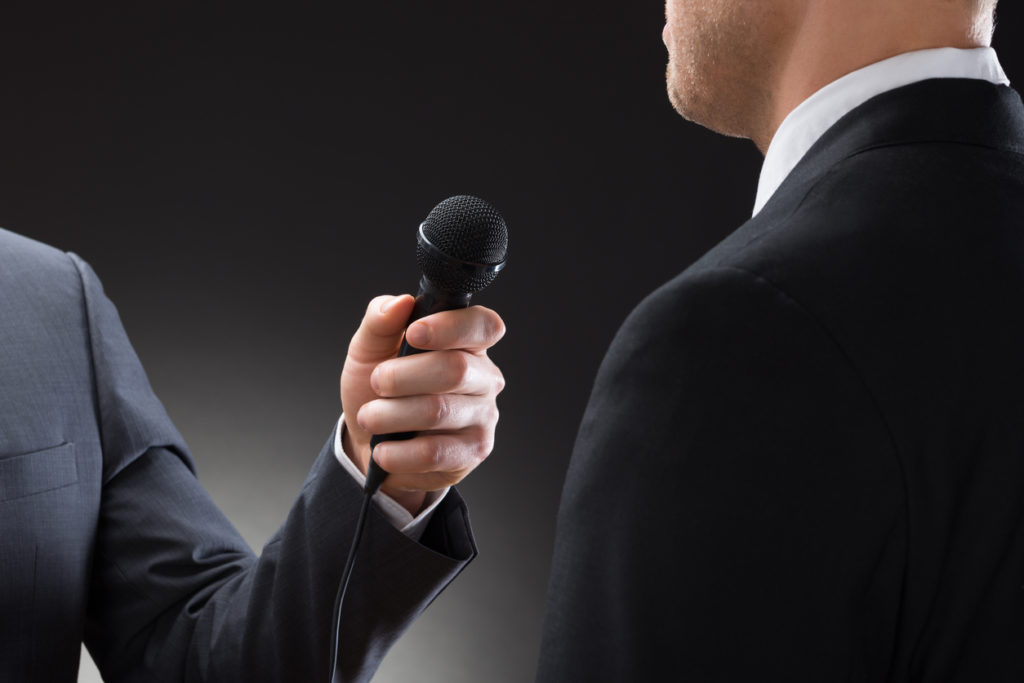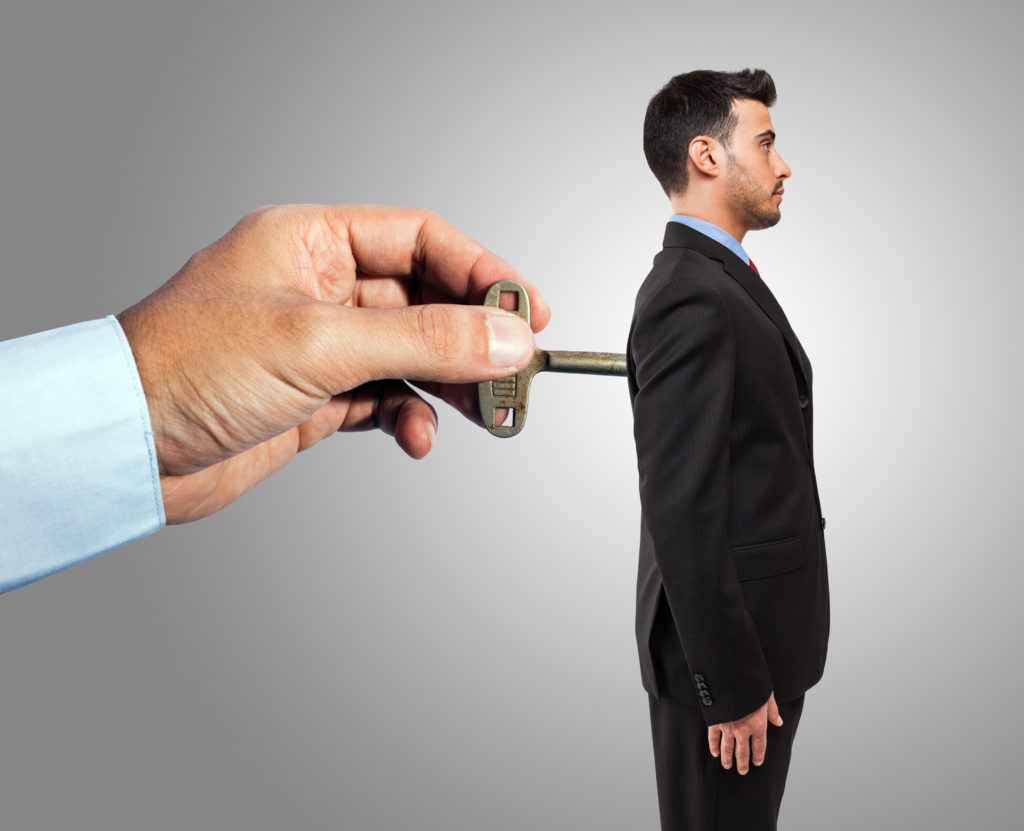Optical Illusion: The Brussels Attack And Obama’s Cuba Wave
Hours after Tuesday’s dual bombings in Brussels that killed more than 30 people and wounded 270, President Obama attended a baseball game in Cuba.
It was no ordinary international visit—Mr. Obama’s trip to Cuba was a diplomatic milestone, marking the first visit by an American leader since Calvin Coolidge in 1928. Nor was the baseball exhibition game an ordinary one—the Tampa Bay Rays were there to play the Cuban National Team.
But one image from the game—Mr. Obama doing the wave—caught the attention of critics, many of whom were disturbed by the juxtaposition of a major terrorist attack against a U.S. ally and the American First Family delighting in the Cuban sun.

I’ve written before about the importance of minding the “optics” in these types of situations. The cable news split screen can be devastating, often showing two incongruous things and setting a narrative of indifference or reinforcing a narrative of fecklessness.
Think about the shot of President Bush continuing to read to school children for seven minutes after being informed the U.S. was under attack on 9/11. Or President Obama going golfing immediately after a speech denouncing the terrorists who beheaded journalist James Foley (Obama later admitted he “should’ve anticipated the optics”).
I’ve written about this topic several times in the past, making the same case the critics are making this time around. But the truth is, I’m not sure I’m right.
In January 2011, for example, I wrote a post about New Jersey Governor Chris Christie, who was on vacation with his family as a massive snow storm came barreling into his state. At the time, I wrote that his refusal to come home was a “stunning act of political tone deafness.” I was wrong. His approval rating went up after that incident. Maybe, sometimes, we’re just too sensitive about optics.

Optics Still Matter. The Question Is When?
Some things seem rather clear. If the Brussels attack had occurred on an American city, President Obama would have had to come home immediately. If Brussels had experienced a 9/11-scale attack with thousands dead, he would have had to come home immediately.
But marking the exact moment when a president should cut short a trip and return immediately to the White House—mostly for symbolic reasons, since urgent work can occur on the road—is a subjective decision.
Here’s a thought experiment. Do you think a president on an historic international visit should rush home if:
- 15 people were killed during a bombing at a Kenyan shopping mall?
- 30 people were killed in an attack in Brussels?
- 5 children were killed in a school shooting in an American city?
- A terror attack on a U.S. target was barely thwarted, but no one was hurt and three plotters were arrested?
You may have different answers to those questions than I do; that’s the subjective nature of these decisions. Extreme cases in either direction are obvious—but I’m not sure yesterday’s tragic events fall into that category (I’m also not sure they don’t).
There’s one other consideration, and it’s a case Mr. Obama tried to make yesterday (via ABC News):
“The whole premise of terrorism is to try to disrupt people’s ordinary lives,” President Obama said in an interview with ESPN during the game, noting that “it’s always a challenge when you have a terrorist attack anywhere in the world.”
That counterargument—that good optics might also include the recognition that not reacting by rushing back to the White House every time there’s an incident of terrorism can also send a strong, positive message—is one worth considering.
Yes, optics still matter. When British Petroleum’s CEO went yachting as tar balls washed up on the Gulf shore, for example, the moment became yet another symbol of his entitlement and ultimately ended his career with BP.
I’m just not so sure the answers are always as clear cut as the critics suggest.
What do you think? Please leave your thoughts in the comments section below.



There was no reason for him to cut his trip short, but dancing the tango in Buenos Aires in a video that has gone viral underscores his continuing problems with “that optics thing”.
There are broadcast news split screen optics, and then there are local optics. I see no difference between doing the wave at a baseball game in Cuba and dancing the tango in Buenos Aires. Both showed an American president able to have a light-hearted moment despite the burden he carries as commander in chief. And I’m sure that went along way toward warming up relations with the Cuban and Brazilian peoples.
I agree with Brad: What kind of message would President Obama be sending if he cut short either visit because of a relatively small-scale, albeit heinous, terrorist attack?
People can find all sorts of reasons to be offended by the President’s behavior. My belief is that the President’s political enemies will look for opportunities to convince people they should be offended by his actions. You can’t worry about the contrived “gotchas”. His communications team should spend their time on the important issues.